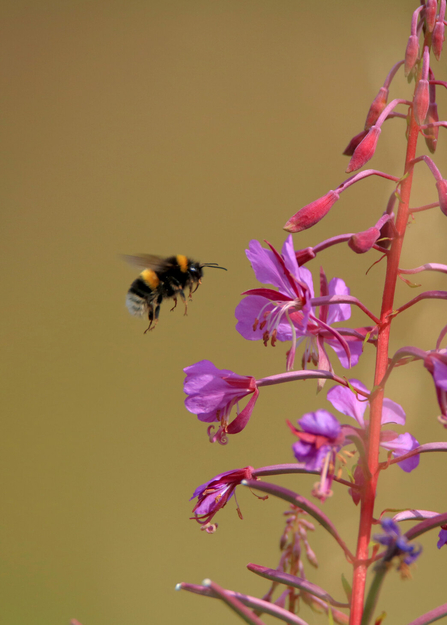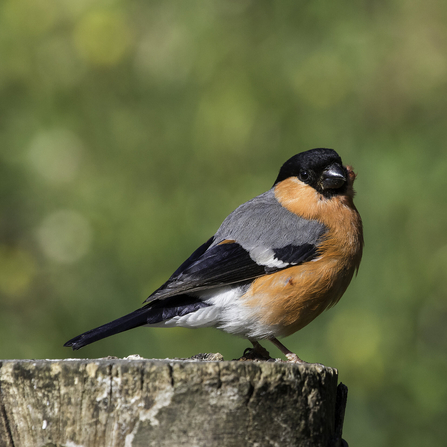As part of their efforts to boost nature’s recovery. The group of over 30 cereal farmers are proving that commercial agriculture can flourish while also restoring nature.
Between 2020 and 2021, Jordan’s oat growers collectively farmed 15,000 hectares of countryside, of which over 4,200 hectares (28 per cent) is managed for wildlife to support nature’s recovery, with the help of tailor-made farm wildlife plans devised by Wildlife Trust advisers.
These plans assist farmers in their efforts to improve and increase the wildlife habitats on their farms, such as ponds, hedgerows and wilder field edges, helping to give a boost to endangered species such as lapwing, grey partridge and yellowhammer. A host of other wildlife benefits too – from pollinators to brown hares and barn owls.


